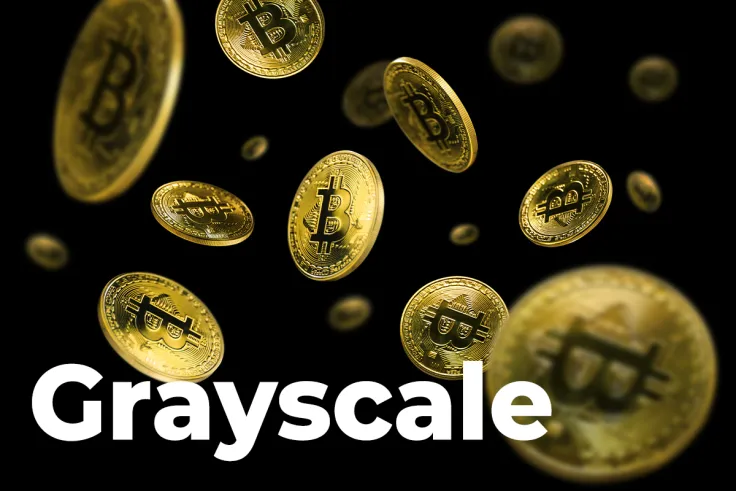
The premium of Grayscale's Bitcoin Fund hit new local lows of 19.2%, reaching a six-month all-time low of 21%. The fall has accelerated after rumors appeared of the potential approval of physically-backed Bitcoin ETFs. The first Bitcoin ETF may be approved on Oct. 18.
A negative premium, or a discount to NAV, indicates the fund's performance against the underlying asset. A negative premium signals that the fund is underperforming against Bitcoin. While fund trades with a significant negative, traders may move away from that investment option since the underlying asset is available to the majority of individual traders.
While Grayscale remains one of the most popular options for institutional investors, small retail traders usually choose other options since the threshold for entering remains at $50,000, which is not affordable for a significant portion of market participants.
The percentage of the discount/premium to NAV is the amount that the exchange fund is trading above or below the net asset value. The metric is being used to track both the fund's performance and the true value in accordance with the fund's assets.
The average premium in the last five years has remained at 28%, while the maximum premium reached 132%. The Grayscale Bitcoin fund has lost its correlation with Bitcoin's value since May—when the cryptocurrency lost 40% of its value and then swiftly retraced back.
The tracking issue of both private funds and options ETFs leads to the development of significant discounts or premiums. For the same reason, physically-backed ETFs are most likely to reach more investors and institutions since it solves tracking issues as funds actually own the underlying asset.

 Dan Burgin
Dan Burgin U.Today Editorial Team
U.Today Editorial Team